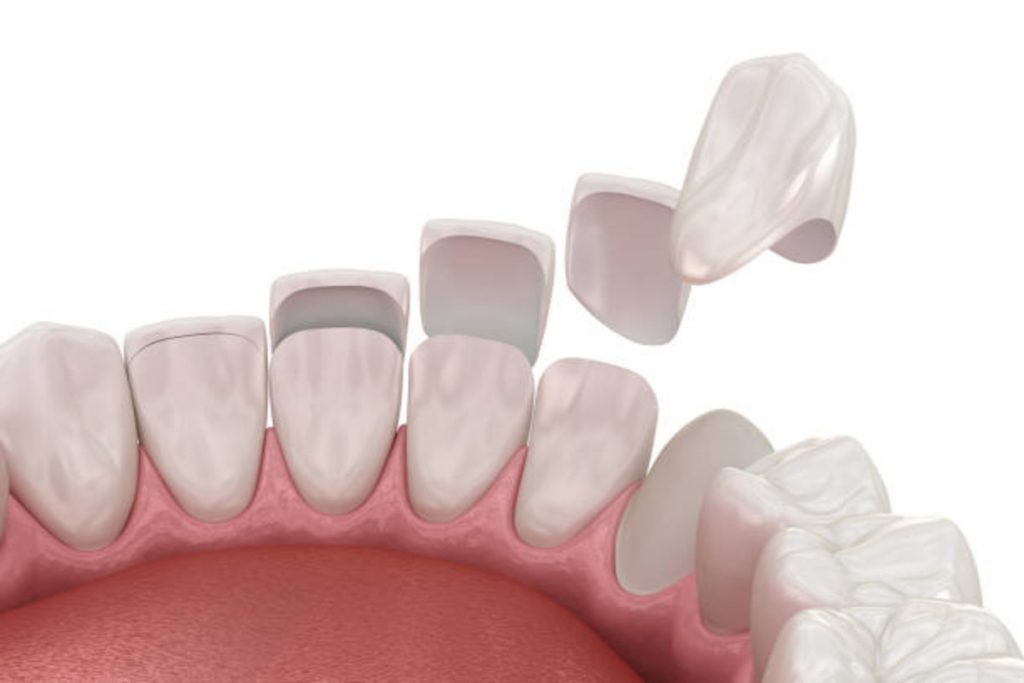Dental bonding is a popular and effective way to repair minor flaws in your teeth, including chips, cracks, discoloration, or spaces. It is also a quick and painless procedure! Most dental bonding options are also very affordable compared to many other cosmetic options, so this treatment is a popular choice for a lot of patients. One of the most common questions that people will ask before participating in dental bonding is, “How long will this last?” Let’s go through the process and suggest some tips that will allow your bonding to last for multiple years.
What is Dental Bonding?
Dental bonding uses tooth-colored resin cured with a special light to restore a tooth’s shape, color, and function, creating a natural-looking smile enhancement. A dentist in Lethbridge can help determine if it’s right for you and share care tips. While the resin is strong, it’s not unbreakable—everyday wear can affect its look and durability, making proper care essential.
Reasons to Consider Dental Bonding
If you are considering having dental bonding in Lethbridge, a dentist will be able to look at your teeth and determine if this is the best treatment option based on your individual needs. A dentist will be able to assess your bite, the condition of your teeth, and your goals to decide if bonding will get you the look and durability that you want. They will also be able to educate you on how your daily habits (i.e., chewing, brushing, and diet) will affect your results.
How Long Does Dental Bonding Last?
Dental bonding typically lasts for 3 to 10 years on average before it requires touch-ups or replacement. Its longevity depends on:
- Location of the bonding—Bonding on the front teeth tends to survive longer than on molars that bear more chewing pressure.
- Your habits— Chewing ice, biting your nails, or using your teeth to open packages can lead to premature wear.
- Oral care—Frequent brushing, flossing, and dental cleaning can prevent damage.
- Diet—Steer clear of extremely hard, sticky, or staining foods to maintain your bonding as strong and beautiful as possible.
How Do You Take Care of Bonding at Home?
If you desire lasting bonding, maintenance is the key. Although you may have a dentist near you for professional treatment, home routines create the most impact. The following advice is given:
- Brush and floss every day—Brush with a soft-bristled toothbrush and non-abrasive toothpaste to prevent scratching the resin.
- Restrict staining foods and beverages – Red wine, coffee, tea, and berries can discolour bonding over time.
- Wear a mouthguard if necessary – If you clench your teeth at night, a guard will help prevent your bonding from chipping.
- Have regular checkups – Your dentist can touch up or polish the bonding to restore it to its original shine.
Does Dental Bonding Last Longer Than Veneers?
If you’re comparing options, you may wonder—does dental bonding last longer than veneers? Most of the time, veneers last longer than bonding. Though bonding will last anywhere from 10 years, porcelain veneers last between 10 and 15 years or more when well taken care of. Bonding, nonetheless, is cheaper, needs minimal to no enamel removal, and might be finished in one visit.
What Is the Dental Bonding Lifespan for Front Teeth?
The dental bonding lifespan for front teeth tends to be on the longer end—around 5 to 10 years—since those teeth don’t have to withstand as much chewing force as back teeth. Nevertheless, habits such as crunching hard food or chewing on items can reduce that duration.
How Long does Composite Bonding Last on Molars
Since most of the chewing is done by molars, the longevity of composite bonding on molars is generally shorter, approximately 3 to 6 years. If you have molars with bonding, not eating extremely hard foods and wearing a mouthguard at night if you grind should make them last longer.
How Long does Cosmetic Bonding Usually Last?
When we ask how long cosmetic bonding lasts, the answer is that it all depends on placement, care, and lifestyle. Most cosmetic bonding lasts between 3 and 10 years, but proper oral care and maintenance by a pro lead to longevity.
What’s the Bonding vs Veneers Longevity Comparison?
In a longevity comparison based on veneers vs bonding, veneers often stay around longer. But bonding is faster, cheaper and less invasive for small cosmetic repairs. The choice between the two usually depends on the person’s individual needs, finances and long-term states of mind about the smile.
How Do You Extend the Life of Your Dental Bonding?
Here are some simple ways for you to take care of your bonding: stay away from hard foods, don’t bite or use teeth as a tool, rinse after eating or drinking acidic/staining beverages, use a straw when sipping on coffee, tea, or wine, and wear dental devices for sports or grinding. The less strain and fewer stains you expose your bonding to, the longer it will last.
Keep Your Smile Shining Bright with Absolute Dental
If you are thinking about getting bonding to improve your smile or need maintenance on existing work, Absolute Dental will take care of you. Call Absolute Dental now to book your appointment and discover how simple and effective bonding can be for enhancing your smile.
